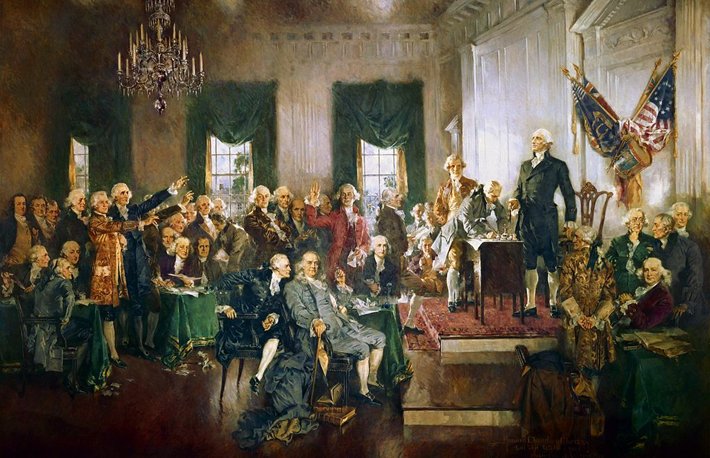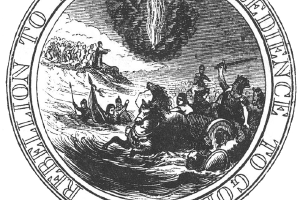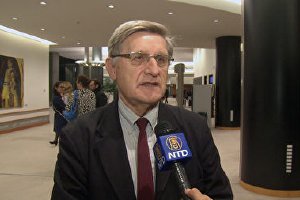“Congress shall make no law respecting an establishment of religion, or prohibiting the free exercise thereof; or abridging the freedom of speech, or of the press; or the right of the people peaceably to assemble, and to petition the government for a redress of grievances.”

In beginning the Bill of Rights with these words, James Madison endowed them with the greatest importance of all rights and freedoms and incorporated them into the very fabric of the new nation.
Journalists shall scrupulously endeavor to report the truth
May 3 is World Press Freedom Day, recommended by UNESCO, and proclaimed by the UN General Assembly in December 1993. It is intended as a day “to evaluate press freedom around the world, to defend the media from attacks on their independence and to pay tribute to journalists who have lost their lives in the exercise of their profession.”
But what of the balance between the two First Amendment rights of freedom of press and religion? How does this work in today’s world of get-the-news-out-first journalism? And what about responsibility and ethics in the reporting on such a volatile subject?
It is these issues that are addressed by the Charter on Journalistic Ethics in Relation to Respect for Religion or Belief, available in full on this website and in What is Freedom of Religion? a booklet published by the Church of Scientology.
The Charter begins by enjoining journalists to “scrupulously endeavor to report the truth; respect the right of the public to know the truth; ensure that any information they disseminate is fair and objective; promptly and prominently correct any material inaccuracies; and afford the right of reply in appropriate instances.”
From its beginnings, the Church of Scientology has championed freedom of religion as a fundamental human right. In a world where conflicts are often traceable to intolerance of others’ religious beliefs and practices, the Church has, for more than fifty years, made the preservation of religious liberty an overriding concern.
A vital component to preserving this fundamental human right is an understanding of the right to freedom of religion or belief and its meaning under universal human rights principles and international human rights law.


